Organic foods are often seen as the healthier, more ethical choice, but how do they really impact your wallet? Here are 22 startling truths about organic foods and their effect on your finances.
1. Higher Price Tags
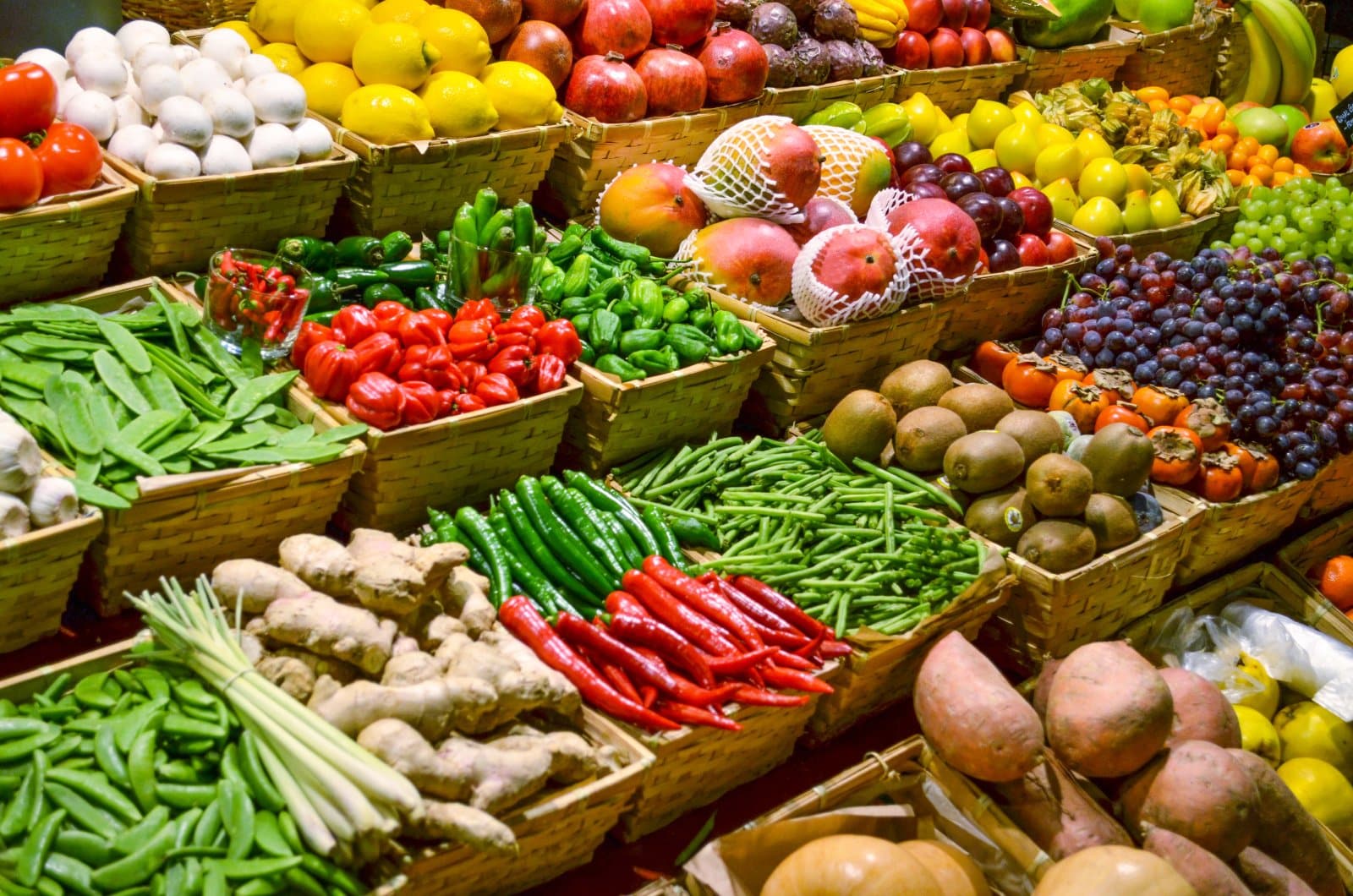
Organic foods typically cost 20-100% more than their conventional counterparts. This premium can add up quickly, impacting your grocery budget significantly.
2. Seasonal Availability
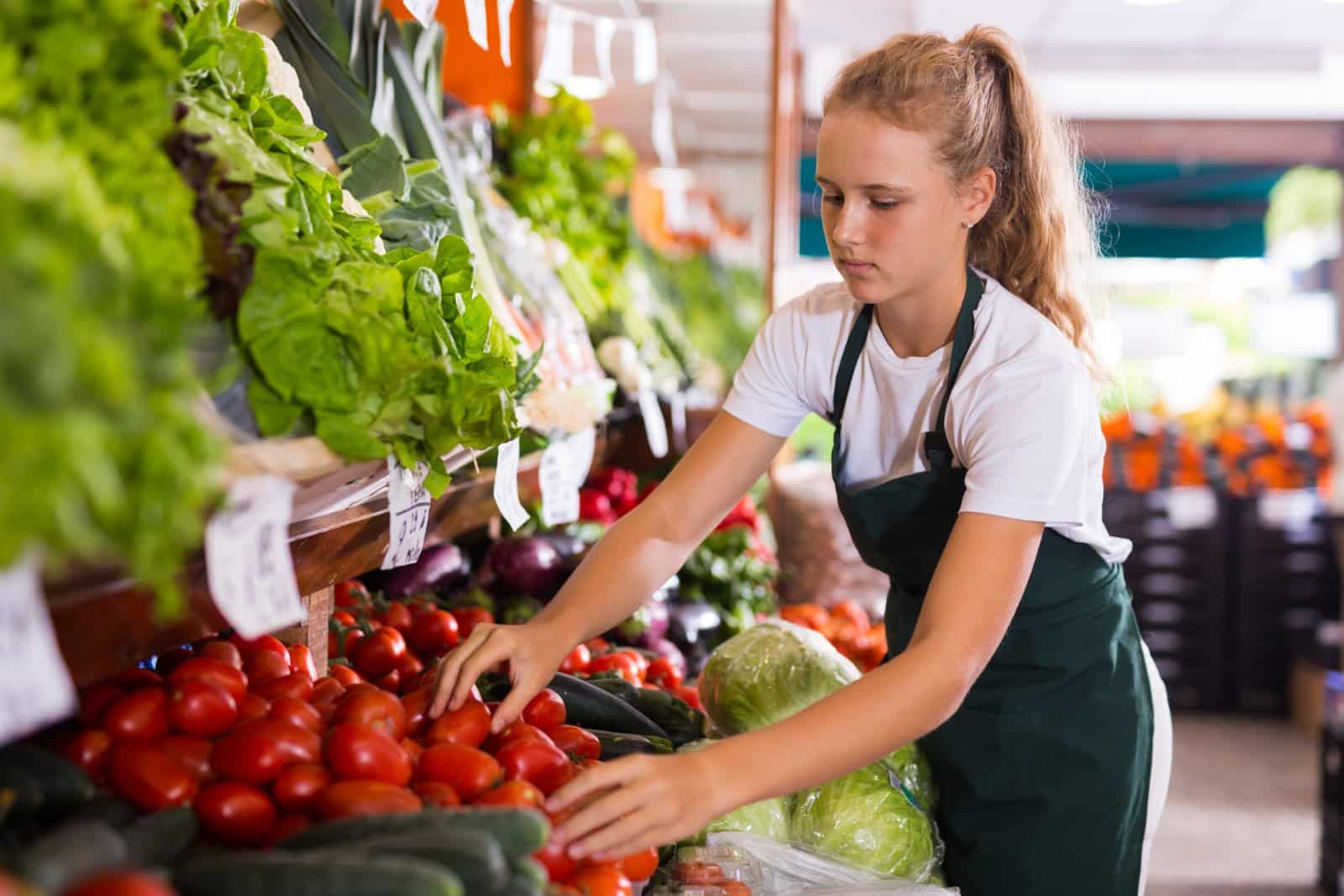
Organic produce is often seasonal, leading to higher prices when out of season. This can force you to pay more or go without your favorite fruits and vegetables.
3. Limited Supply

The supply of organic foods is generally lower than conventional foods. Limited availability can drive up prices and make budgeting more challenging.
4. Certification Costs

The process of obtaining organic certification is expensive. These costs are often passed on to consumers, contributing to the higher price of organic products.
5. Farming Practices

Organic farming is labor-intensive and requires more time and effort. This increased labor cost is reflected in the price you pay at the store.
6. Smaller Yields

Organic farms typically produce smaller yields compared to conventional farms. Lower productivity can lead to higher prices for organic products.
7. Marketing and Branding
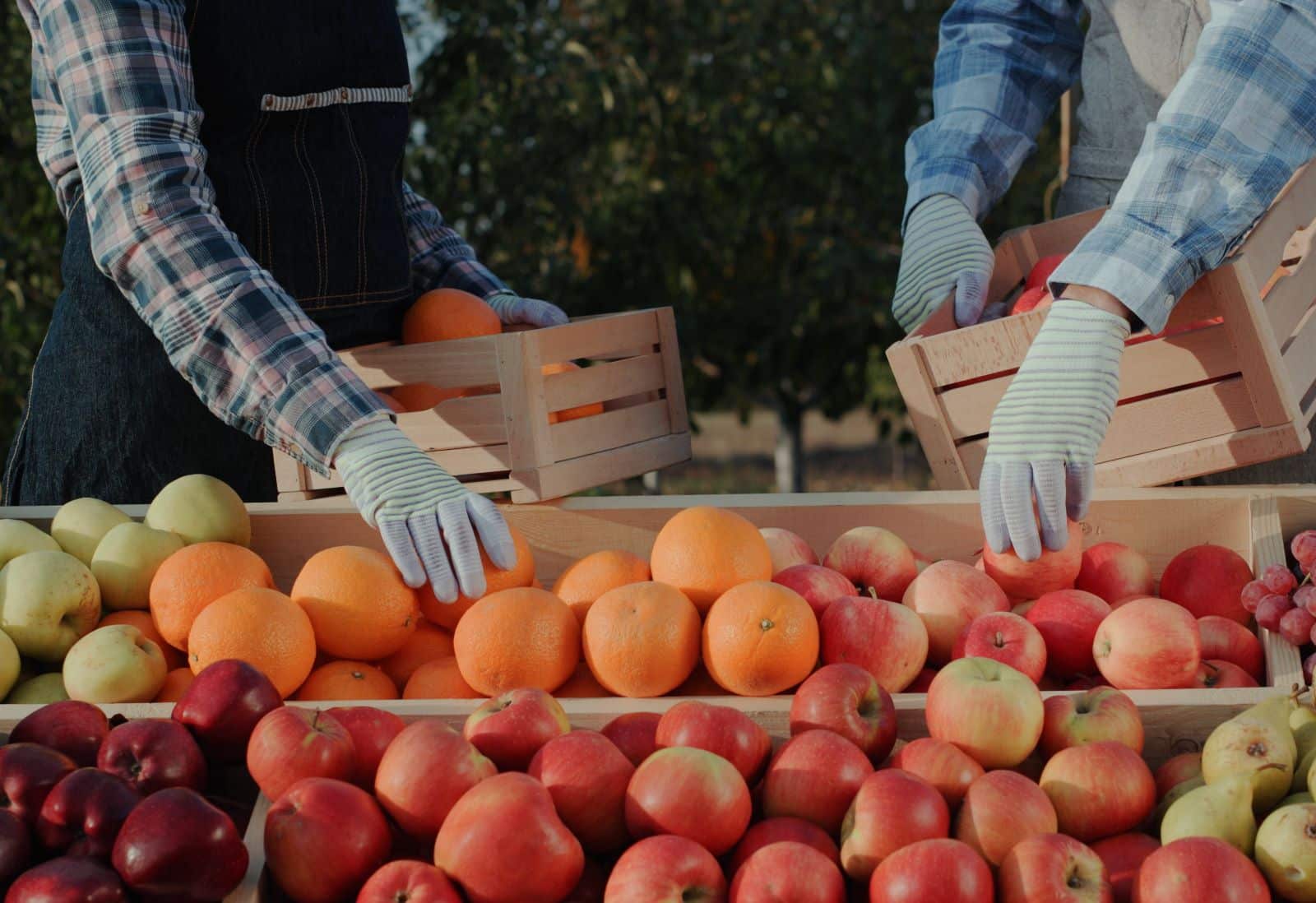
Organic foods are often marketed as premium products. The cost of marketing and branding these items as superior is factored into their higher prices.
8. Health Benefits Debate
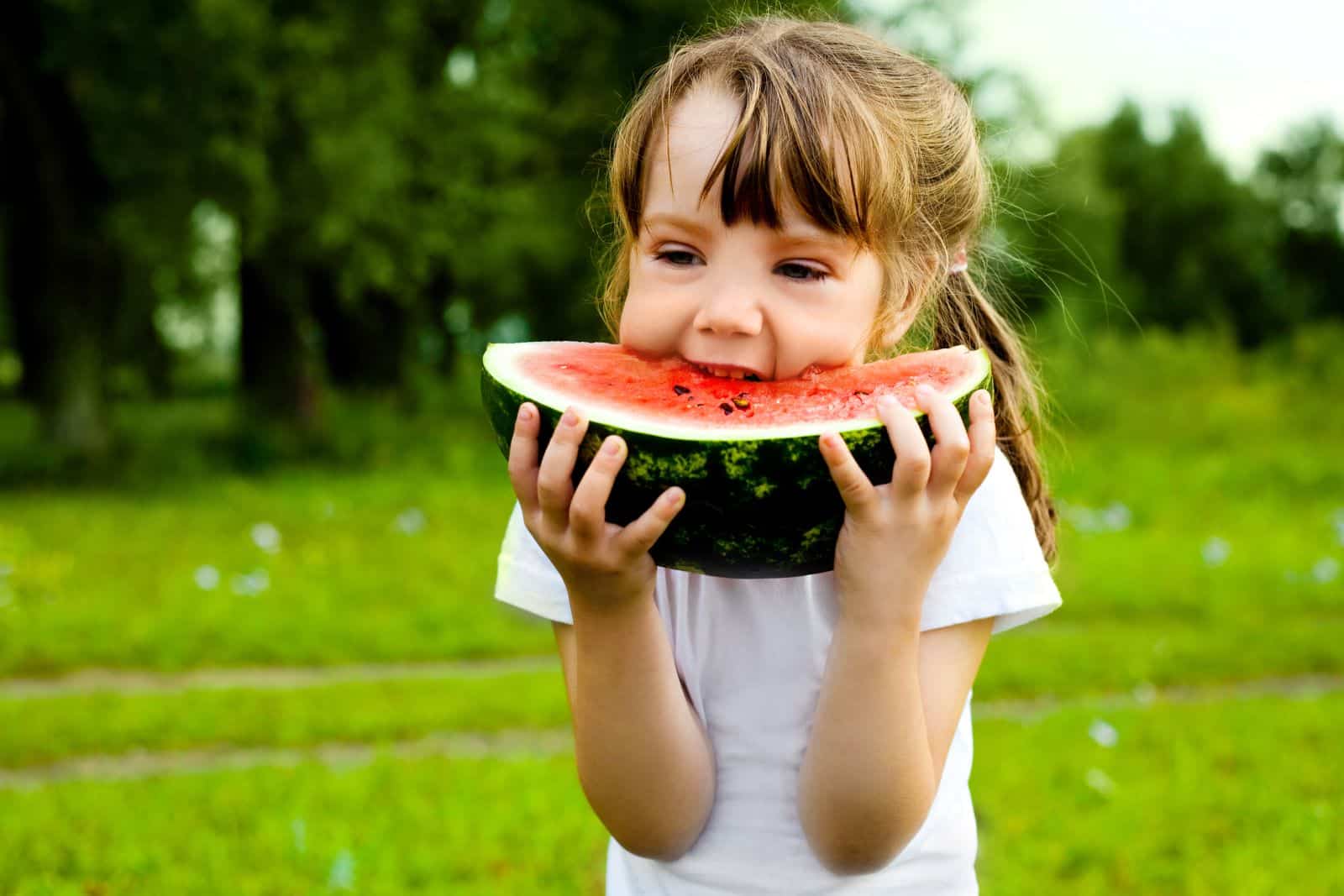
While some believe organic foods are healthier, studies show mixed results. You might be paying more without guaranteed health benefits, affecting your cost-benefit analysis.
9. Local vs. Imported
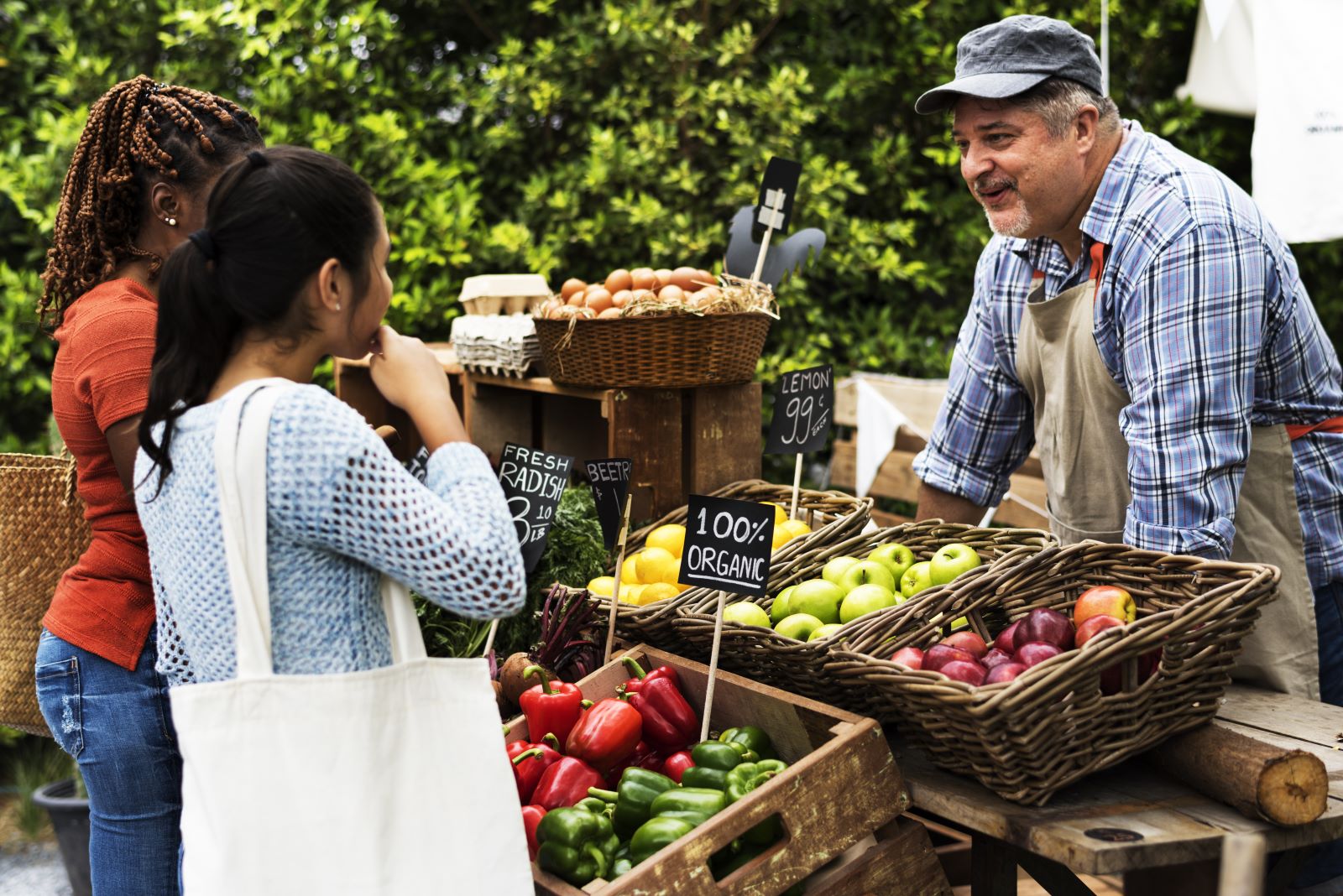
Locally grown organic foods can be cheaper than imported ones. However, many organic products are imported, increasing their cost due to transportation and tariffs.
10. Bulk Buying Savings
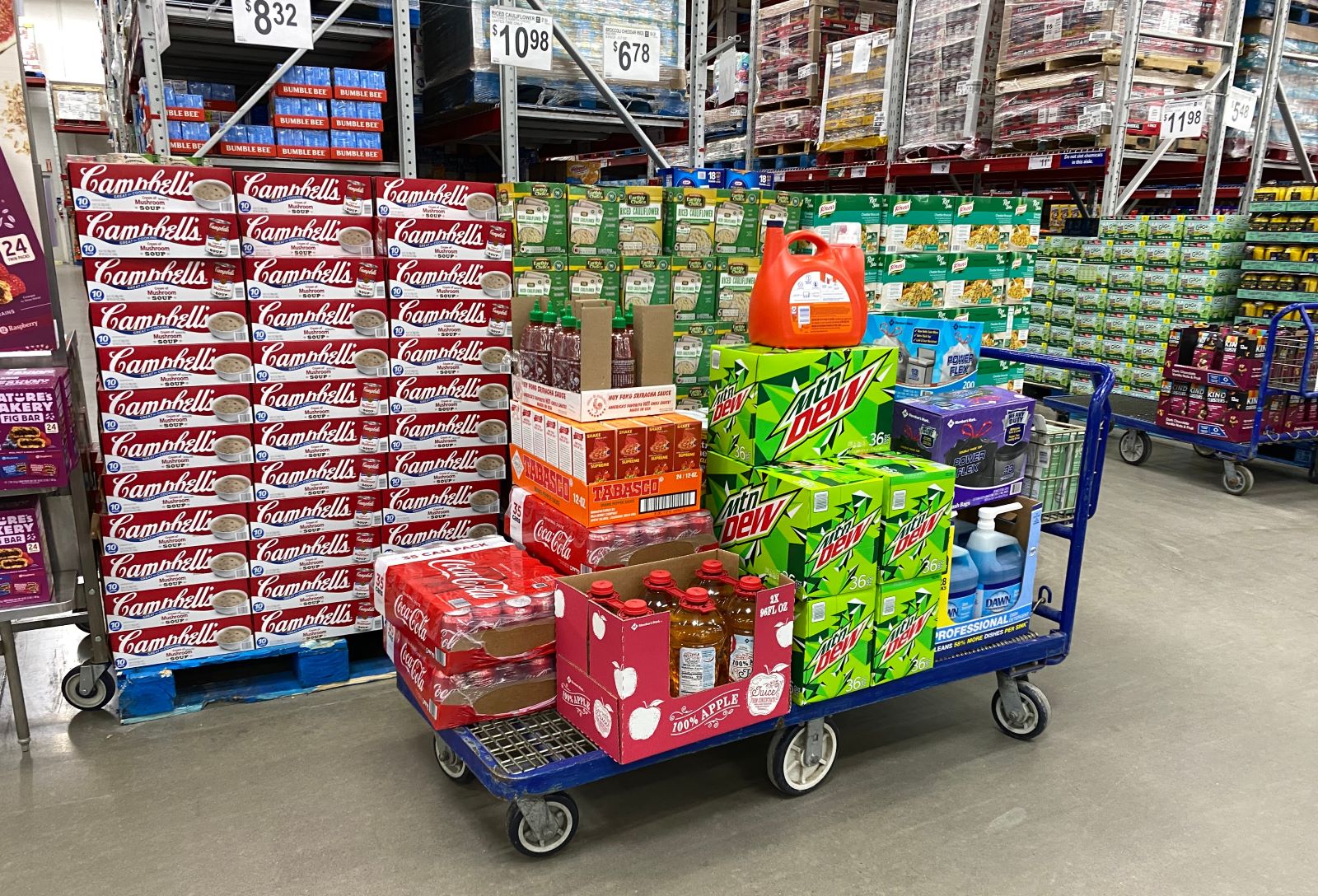
Buying organic foods in bulk can save money. However, the higher upfront cost can strain your finances if not planned carefully.
11. Price Volatility

Organic food prices can be more volatile than conventional foods due to factors like weather and pests. This unpredictability can make budgeting more difficult.
12. Economic Impact

Supporting organic farming can benefit local economies and reduce environmental costs. However, the higher prices may not always fit into a tight budget.
13. Home Gardening

Growing your own organic produce can save money. Initial setup costs aside, it can be a cost-effective way to enjoy organic foods.
14. Subscription Boxes
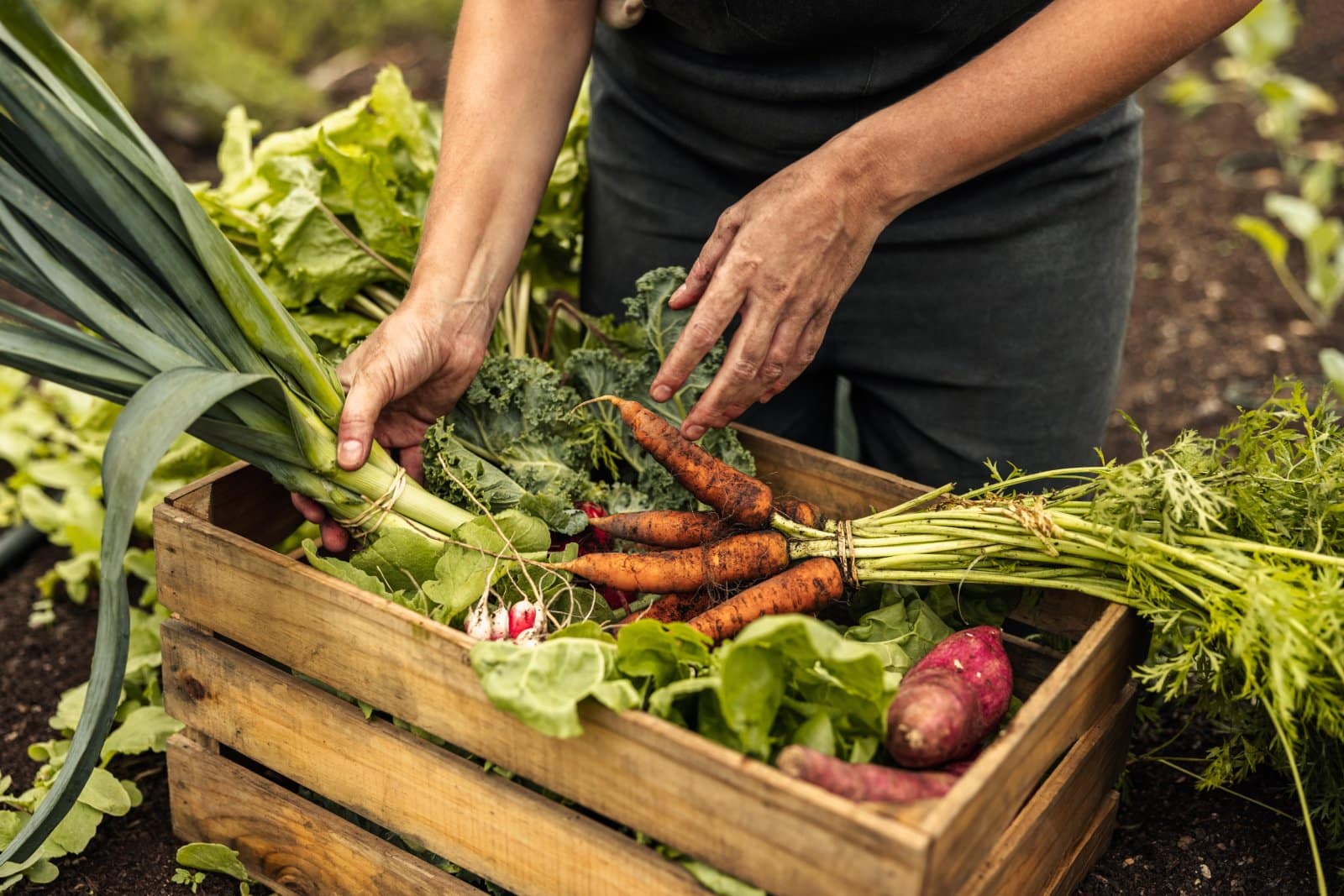
Organic food subscription boxes can offer savings and convenience. However, they may still be pricier than buying conventional produce.
15. Nutrient Density

Some argue organic foods have higher nutrient density. If true, the health benefits might offset the higher costs, providing long-term savings on healthcare.
16. Food Waste
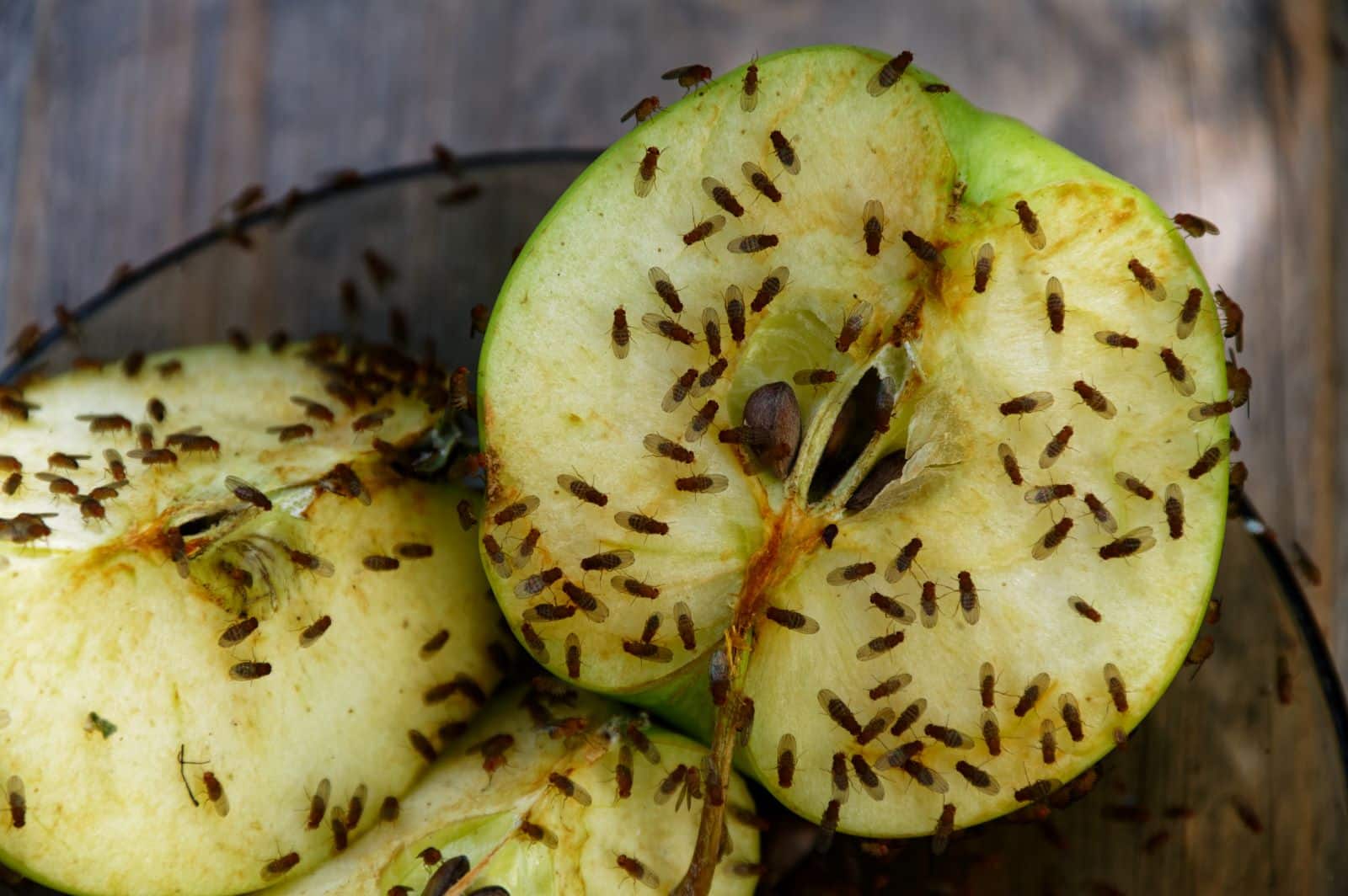
Organic foods can spoil faster without preservatives. This can lead to more food waste and higher overall costs as you replace spoiled items more frequently.
17. Value Perception

People often perceive organic foods as higher value, justifying the higher cost. This perception can influence spending habits, sometimes beyond practical financial logic.
18. Long-Term Health

Investing in organic foods may lead to long-term health benefits. Reduced exposure to pesticides might save you money on healthcare in the future.
19. Environmental Costs

Organic farming is better for the environment, potentially reducing future costs related to environmental damage. This broader perspective might justify higher immediate costs.
20. Cooking from Scratch

Organic ingredients can encourage cooking from scratch, which can be cheaper than buying pre-packaged meals. This shift can positively impact your food budget.
21. Prioritizing Purchases

Not all organic foods offer the same benefits. Prioritize buying organic for items like the “Dirty Dozen” to get the most value for your money.
22. Budget Adjustments

Adjusting your budget to accommodate organic foods requires careful planning. It might mean cutting costs elsewhere or rethinking your spending priorities.
Balancing Health and Budget

Organic foods present a complex choice between health benefits and financial costs. By understanding these truths, you can make informed decisions that balance your health and budget effectively.
Remote No More: 19 Companies Returning to the Office

As the pandemic wanes, companies are recalling remote workers back to the office, sparking debates on fairness, costs, and convenience. However, there are also notable productivity, coworking, and mental health benefits to consider. Feeling the effects of these changes? Remote No More: 19 Companies Returning to the Office
8 Costco Must Buys and 8 to Leave Behind

Ever wandered Costco’s aisles, questioning if that giant jar of pickles is a real bargain? Or debated buying tires where you get your rotisserie chicken? Welcome to the definitive guide to Costco shopping—a journey to save money, prevent regrets, and offer quirky insights into bulk buying. 8 Costco Must Buys and 8 to Leave Behind
23 Reasons Texas Is the Next Big Thing

Texas is becoming a beacon of opportunity, blending cultural heritage with economic growth. From its landscapes to its industries, the Lone Star State offers a dynamic lifestyle. Here are 23 reasons why Texas stands out, attracting entrepreneurs, artists, tech professionals, and families seeking new beginnings. 23 Reasons Texas Is the Next Big Thing
15 Top Sites to Sell Your Unwanted Goods Besides Craigslist

Selling your unwanted items can declutter your space and boost your income. While Craigslist is popular, there are many alternatives with unique features and wider audiences. Explore these 15 Craigslist alternatives for selling everything from furniture to electronics, finding the perfect platform to turn clutter into cash. 15 Top Sites to Sell Your Unwanted Goods Besides Craigslist
Work from Anywhere: 19 Companies Still Supporting Remote Work

Tired of commuting and craving work flexibility? You’re not alone. Many companies now offer remote work, benefiting both employees and employers. Ever wondered how this shift could enhance your work-life balance? Work from Anywhere: 19 Companies Still Supporting Remote Work
The post – 22 Startling Truths About Organic Foods and Your Finances – first appeared on Liberty & Wealth.
Featured Image Credit: Shutterstock / Aleksandar Malivuk.
The content of this article is for informational purposes only and does not constitute or replace professional financial advice.
For transparency, this content was partly developed with AI assistance and carefully curated by an experienced editor to be informative and ensure accuracy.

